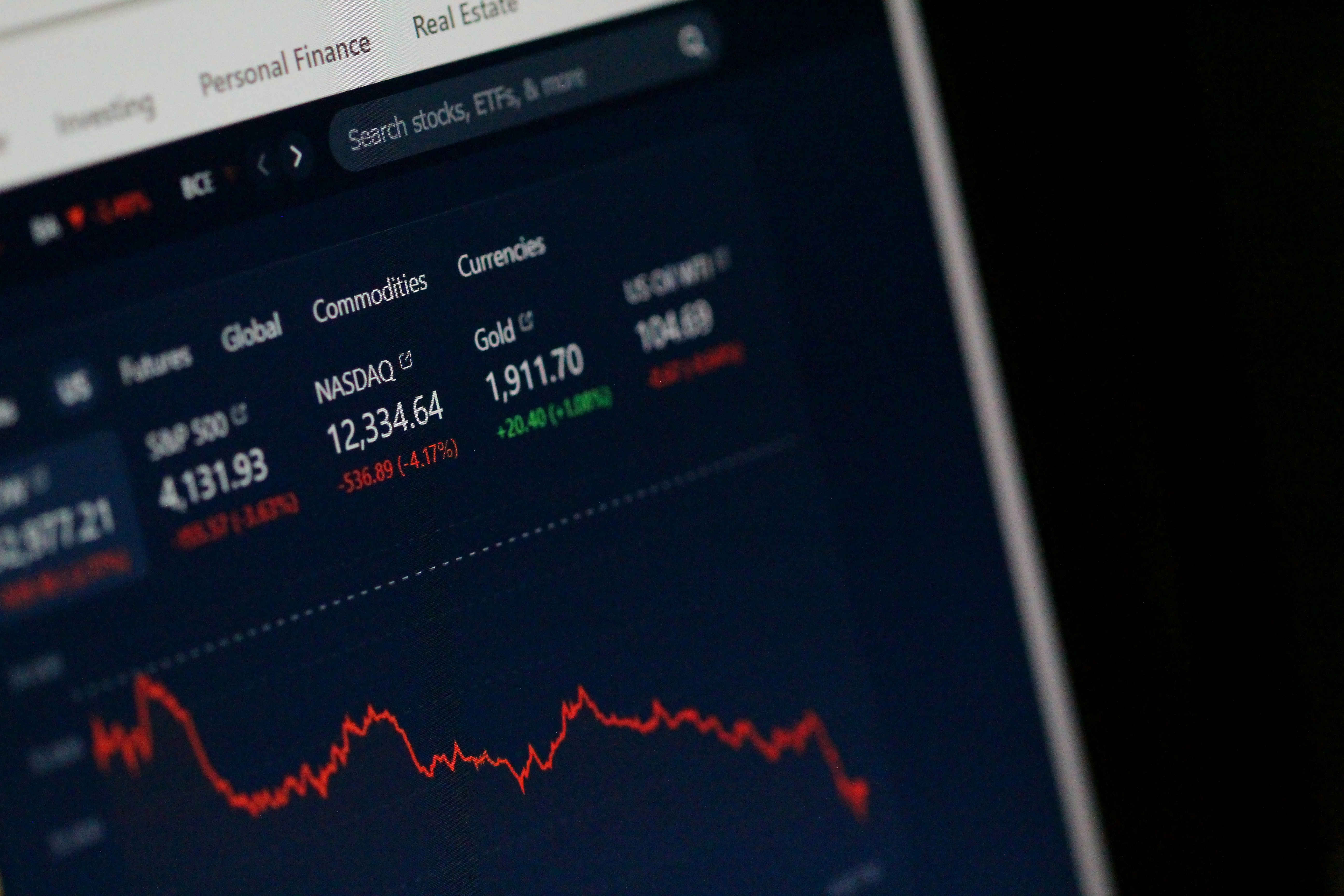Entering the second year of the COVID-19 pandemic struggle, the Government of Indonesia has started the mass vaccination for vulnerable people which includes the aging population, medical staff, and public officers. This measure is important to control the death tolls as it has been proven to lower the symptoms of the COVID-19 virus. As a consequence, some places have been opened and restarted their economy to the ‘normal’ situation by removing the social restriction gradually. However, recently, the number of cases in Indonesia has spiked and increased attention among people because the death tolls can grow rapidly. Considering the situation, this study aims to see the statistical relationship between mobility, vaccination rate, and death growth to fully understand the landscape of risk and potential of controlling the social restriction measure with respect to the vaccination rate in order to lower the death tolls. Figuring out the statistical relationship (whether it is correlation or causation) is important to see how human behavior responds to certain policies so that adaptive policy could be implemented effectively.







